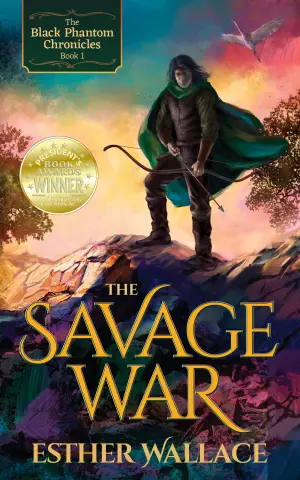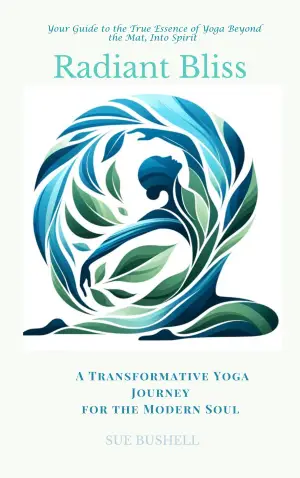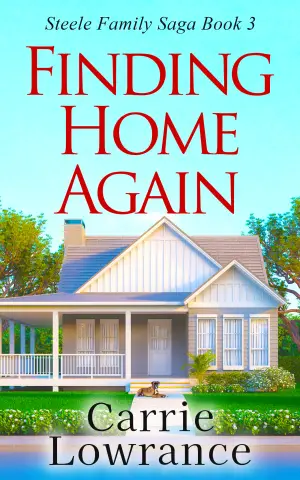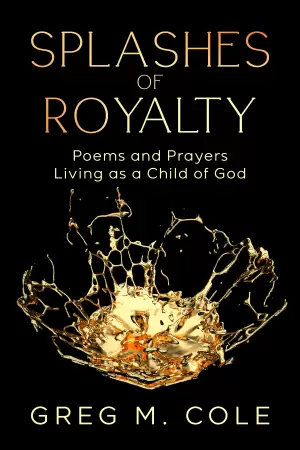Review of The Black Bird Oracle (All Souls, #5) by Deborah Harkness
As a devoted fan of Deborah Harkness’s All Souls series, diving into The Black Bird Oracle felt like wrapping myself in an old yet beloved quilt. Set within a universe I’ve missed dearly, I was excited to reunite with the De Clermont-Bishop family. Yet, I found myself grappling with an inexplicable sensation as I turned the pages—an odd mix of nostalgia and disappointment that I’m eager to unpack.
From the outset, it was clear I was back in familiar territory. However, many of the characters I revered seemed to have undergone somewhat alarming transformations. Matthew, normally brimming with intense passion and depth, felt oddly subdued. Miriam, whose fierce sense of danger once added an electric thrill to the narrative, appeared muted. And Sarah—ah, how frustrating it was to see her reduced to a mere punching bag in this ongoing saga! I wanted to shout, “What happened to our Sarah?”
Diana’s journey particularly struck a dissonant chord with me. The inconsistencies surrounding her magic left me scratching my head. We always understood that her heritage came from both the Bishop and Proctor lines, yet suddenly, the Bishops seemed cast to the background. Why was Rebecca’s ghost haunting Ravenswood rather than her rightful home with the Bishops? The thread of magic that wove this world together felt frayed, as though Harkness was charting a different course.
And Diana herself—oh, how I wished for the complexity and wisdom she once embodied. It’s disheartening to see her struggling with her identity as a wife and mother. Though the goddess chose her to uphold justice, she seems trapped in an endless cycle of desire for power, resembling regression more than growth. Her actions, particularly toward her beloved Sarah, felt unjust and poorly crafted, leaving me mulling over the painful choices she made.
Harkness’s prose remains sublime, rich in detail and fluidity—something that, even amidst my frustrations, I savored. Yet, it must be said that the pacing felt uneven, particularly toward the end, leading to an abrupt cutoff that felt like a sharp inhale before a grand finale that never came. The emergence of new weavers felt like an unwelcome twist—did we really need to revisit old plotlines with a twist of déjà vu?
Ultimately, I found myself giving The Black Bird Oracle a modest two stars, buoyed by the warm vestiges of nostalgia and Harkness’s undeniable talent for storytelling. While I long to cherish the world and characters I once adored, this installment left me longing for the magic that felt more coherent and engaging.
Who would enjoy this book? Perhaps those who cherish the sense of returning home to beloved characters, even those who may seem altered. If you’re willing to wade through some frustrations and explore a different narrative direction, you might find something intriguing. Personally, I think I’ll revisit the original trilogy to reconnect with the magic that first drew me into this enchanting world. And along the way, maybe I’ll scope out some fanfictions starring Baldwin—because who doesn’t love a little creative exploration outside the written page?
In the end, The Black Bird Oracle is truly a mixed bag. While it reignited my love for Harkness’s universe, it also left me yearning for the depth and complexity that originally captivated my heart. Here’s hoping for a more cohesive sequel that brings back the captivating essence of the characters we once cherished.
Discover more about The Black Bird Oracle (All Souls, #5) on GoodReads >>










